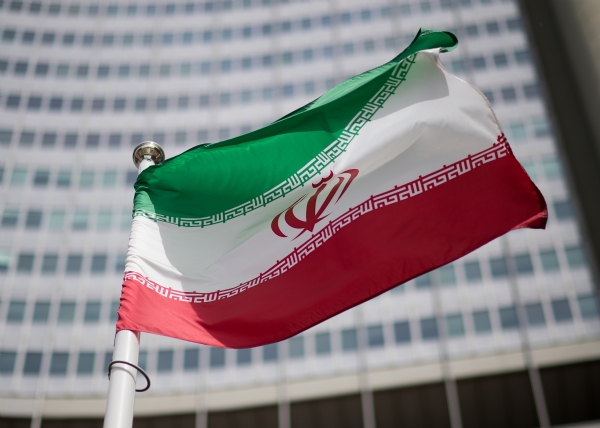India abstains from vote on IAEA resolution slamming Iran
Thirty countries voted in favor of the resolution. The resolution is drafted by the US, UK, France, and Germany. Russia and China voted against it.
Total Views |
New Delhi, June 11: In a major development, India abstained from voting against Iran on a resolution drafted by western countries at the International Atomic Energy Agency (IAEA). The resolution slammed Iran for its failure to provide an explanation on technically credible evidence about the detection of nuclear traces at three undisclosed locations.

Apart from India, Pakistan and Libya also choose to abstain from voting against Iran. Meanwhile, Russia and China have voted against it. Thirty countries voted in favor of the resolution. The resolution is drafted by the US, UK, France, and Germany. Russia and China voted against it.
“Yesterday, we joined the overwhelming majority of the IAEA board of governors in expressing support for the IAEA’s essential mission of safeguarding nuclear material to prevent nuclear proliferation. Iran must cooperate with the IAEA and provide technically credible information in response to the IAEA’s questions, which is the only way to remove these safeguards issues from the board’s agenda,” said the US in a statement.
The voting took place while Iran’s foreign minister was in India for a meeting with his counterpart, S Jaishankar. India’s abstaining from voting is another example of its differences with the US on major international issues.
According to the US, the resolution is at the heart of the IAEA’s mandate and Iran’s core obligations under the Nuclear Non-Proliferation Treaty, and not about the 2015 Joint Comprehensive Plan of Action (JCPOA).
“The US remains committed to a mutual return to full implementation of the JCPOA. We are prepared to conclude a deal on the basis of the understandings we negotiated with our European allies in Vienna over many months. Such a deal has been available since March, but we can only conclude negotiations and implement it if Iran drops its additional demands that are extraneous to the JCPOA,” it said.
“Unfortunately, Iran’s initial response to the board’s action has not been to address the lack of cooperation and transparency that prompted a negative report from the IAEA director-general and such strong concern in the board, but instead to threaten further nuclear provocations and further reductions of transparency,” it added.

